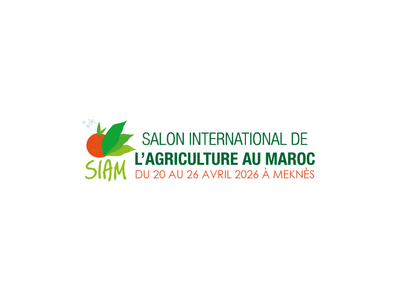Leveraging food systems to combat obesity in the Near East and North Africa (NENA)
23-24 September 2019. Cairo, Egypt. In a joint workshop on "Leveraging food systems to combat obesity in the Eastern Mediterranean, Near East and North Africa regions", the Food and Agriculture Organization of the United Nations (FAO), and the World Health Organization (WHO) are calling on governments to transform food systems to enable communities and individuals to make healthy choices and eat healthier food.
The causes of obesity are abundantly evident. They range from the absence of optimal fetal nutrition, unhealthy infant and child feeding practices, the increasing availability and promotion of unhealthy foods to lack of awareness and education and physical inactivity. While part of the solution lies in better nutrition education, it also depends on the availability of affordable, high quality and diverse food, including fresh products. This requires a much closer linkage between food producers and consumers, for the benefit of both communities.
A "food systems" approach
A "food systems" approach to obesity looks at the entire food chain, from the farm to the plate, and seeks to promote changes in the way that food is produced, processed, distributed and consumed. It includes reducing consumption of highly processed food and bringing producers closer to consumers.
- Governments can transform food systems to improve access to affordable healthy diets, as well as develop and effect policies that promote/normalize healthy eating and living.
- Civil society groups, including nongovernmental organizations and the media, can work with individuals and communities to educate and diffuse key messages on the potent effects of overweight and obesity on health during childhood and adulthood, as well as the importance of adopting healthy behaviours like good dietary practices and active living.
- The private sector can help bringing consumers closer to producers, and promote food systems that are both healthier and more sustainable.
- Individuals and families can adopt healthier behaviours, share experiences, as well as ask for support and support others.
Extract of the programme: Session 3: Food supply chain for healthier diets
|
|
|
|
Reference:
24/09. FAO Regional Office for Near East and North Africa. Broken food systems and poor diets are increasing rates of obesity





